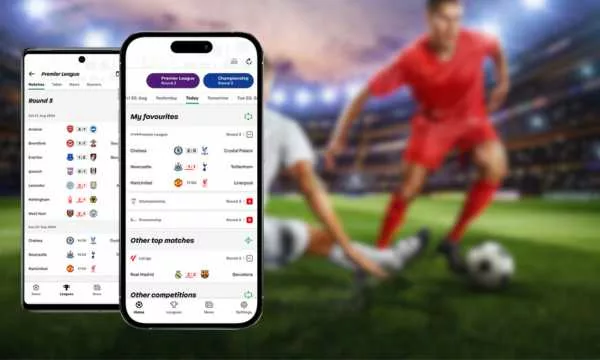Contrary to what many people think, diabetics can often suffer from hypoglycemia, which can have serious consequences for those who suffer from this disease.
When the blood sugar level is low, the body may not function as it should, and this makes the person feel sick and even faint.
Because it is a highly relevant subject, in today’s article we will talk a little more about this topic and how it is possible to prevent this from happening. Follow!
What is hypoglycemia
Basically, hypoglycemia happens when blood sugar levels are below normal.
Sugar can be said to fuel banknotes, and when it is lacking, the body can begin to fail, which can cause symptoms such as:
- Dizziness;
- Mental confusion;
- Palpitations;
- Hunger;
- Excessive cold sweat;
- Drowsiness and even fainting
These symptoms can vary from person to person. Therefore, there are those who experience some of them or even experience stronger reactions, such as seizures, coma, and even death.
Why do patients with diabetes have bouts of hypoglycemia?
This disorder can occur in different ways, and even in non-diabetic people, but it is more frequent in patients who suffer from this disease. Since they are treated with insulin or other pharmacological agents that help in the production of insulin by the pancreas.
Studies indicate that approximately 90% of people who use insulin are affected by hypoglycemia. This happens because this hormone causes the glucose in the blood to quickly enter the cells to be used as a source of energy.
When insulin is used in excess, coupled with a low carbohydrate intake, a crisis can occur.
How to treat hypoglycemia crises in diabetic patients?
When hypoglycemia appears, several very uncomfortable symptoms appear, which must be treated immediately. If this does not happen, it can have serious consequences for the patient, such as injuries or brain death.
There are even reports that indicate that children with low levels of glucose in the blood for a long time may develop cognitive deficits.
Experts recommend that, in the face of a crisis, the person eats 15 to 20 grams of carbohydrates, such as:
- 1 spoonful of honey for patients over one year old;
- 200 ml of soda;
- 1 tablespoon sugar, dissolved in water;
- 1 glass of whole orange juice
Then, wait 15 minutes and measure your blood glucose. If the glucose is still low, repeat the process until it normalizes. If you get back to normal, don’t go more than two hours without eating anything, to avoid worse consequences.
It is also indicated in patients who suffer from this frequently, to always carry an injection of glucagon, a hormone that stimulates the release of sugar in the blood.
If you or someone in your family has these attacks frequently, your doctor can assess whether you need to use this treatment and how to apply it properly.
Another tip worth gold, always wear a necklace or bracelet that can identify that you have diabetes and may be having a hypoglycemic crisis. That way, if an ambulance is called, they will know what to do right away.
What are the precautions to avoid hypoglycemia in diabetics?
It is always good for the person to know how to react to attacks of this disorder, and it is also important for them to know some precautions that can prevent their appearance.
The first and main care is to apply insulin following the doctor’s instructions. In addition to constantly monitoring if there is any abnormality, treat it as soon as possible.
If the patient performs physical activities regularly, with moderate to high intensity and for a long time, it is recommended to ingest a small portion of carbohydrate, before and during the exercises. And if the doctor indicates, reduce the dose of insulin.
Also, after a crisis, visit an endocrinologist to adjust the insulin doses.
Finally, in diabetic patients it is recommended to maintain a balanced diet and avoid fasting for a long time whenever possible.
Conclusion
If you suffer from diabetes or know a family member who has the disease and does not yet have medical care, encourage the person to see a specialist as soon as possible.
Know that this disease is chronic and has no cure, but following the appropriate pharmacological treatment, performing physical activities and a balanced diet can improve the quality of life. As it will also avoid complications typical of this pathology.


